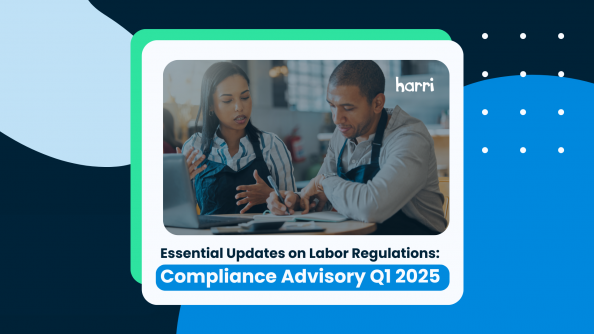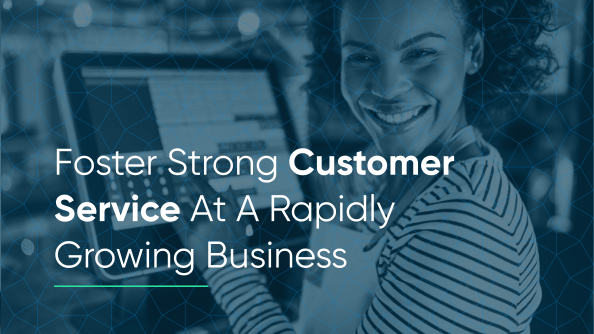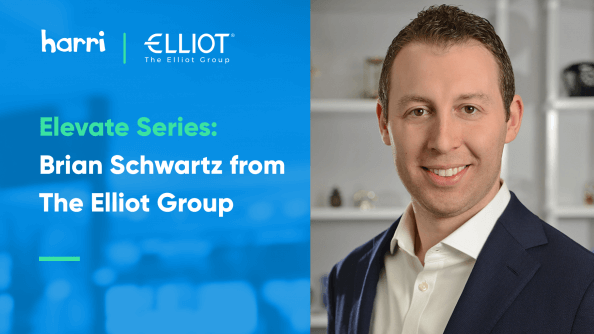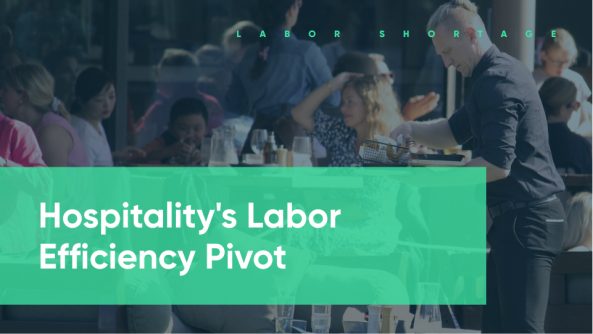From the Frontlines: A Conversation with Mikki Taylor
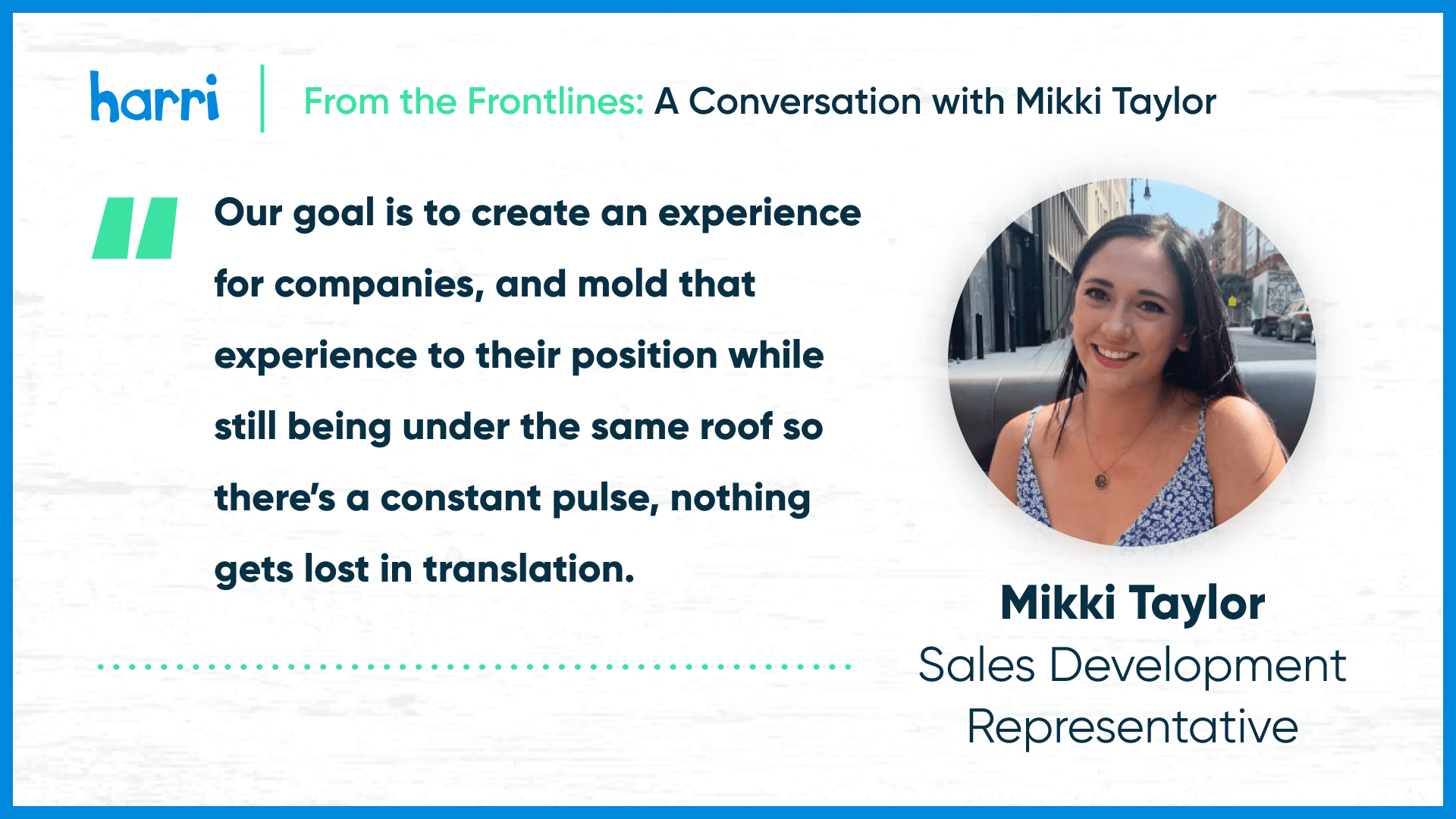
- By Harri Insider Team | August 18, 2020
In this series, Harri is highlighting members of our team who are up to big things and have big insights. This week we have Mikki Taylor, Sales Development Representative at Harri, discussing the market happenings she is seeing. As COVID-19 progresses and continues to change the restaurant game, we are discussing COVID small business assistance and how New York will be able to come back from this through the help of independent business owners.
Q: So Mikki, you’re new to team Harri! So glad to have you here! As someone who is working to help the hospitality industry get back on its feet, what has been your mantra throughout this?
A: Thank you! Leading with empathy has always been my biggest concern. Restaurant owners/HR teams/operators are frustrated. Cost is sensitive and many of these people have lost so much due to COVID-19. I find that connecting with these people and letting them know that we are here to help is the most important thing. We understand their frustration, and if our products can alleviate that, then that’s what we are here to do. For instance, some brands who were initially pushing back against the idea of implementing new technology are now reaching back out. We are seeing a slight return to normal, as far as business practices are concerned, and this is encouraging.
Q: As COVID-19 progresses, what trends are you seeing in New York City specifically? Is it all bad?
A: There is definitely a picture being painted of doom and gloom with reports of new restaurants going bankrupt every day, but if you look a little closer, that it’s not necessarily all bad. Right now, Manhattan is unsustainable for many businesses. There isn’t that foot traffic we’re used to and rent is still so expensive. Without tourists and employees working from home, there is a huge piece of the puzzle missing, especially for restaurants. National brands and major flagship stores are struggling to stay open due to COVID-19. This is very disheartening, but also an opportunity for independent restaurants to move in and open. For opportunists, this really may not be a bad time at all. You could potentially get pretty favorable terms on your lease since people are just looking for business. New York City will bounce back. Despite how unpleasant the present is, the city has been doing this for a while, and it’s seen hardship before.
Q: How do you see the culture of Manhattan shifting to combat COVID-19? Do you think any of these shifts will be permanent?
A: Due to COVID-19, people seem to be spending more time in their own neighborhoods. This is something, in my opinion, fairly new for the city. Since people do not want to take public transportation and are not commuting as much in general, people are finding new things to love about their neighborhood. It’s the perfect opportunity for people to try restaurants and retail stores that they have lived so close to but never been to.
Times Square is a great example of a potential permanent shift. With these larger brands finding it too hard to sustain, I see an opportunity for it to become a little less commercial and a little more personalized. This is a chance to bring character back to Manhattan.
Q: How can Harri’s COVID-19 solutions help large restaurant operators move forward?
A: Right now it’s essential that restaurants are re-evaluating their tech stack and consolidating where they can. In exit interviews with our clients’ employees before they transitioned to our platform is that there wasn’t flexible scheduling, there wasn’t a place to communicate with management and there wasn’t really an experience for them under one roof. Our goal is to create an experience for companies, and mold that experience to their position while still being under the same roof so there’s a constant pulse, nothing gets lost in translation. What is going to separate restaurants that survive vs those who will struggle is the ones who are going to streamline everything from their hiring, on-boarding and training to their labor model, scheduling, sales and communication tools. We just want to have a conversation because we can and absolutely will make their lives easier.







